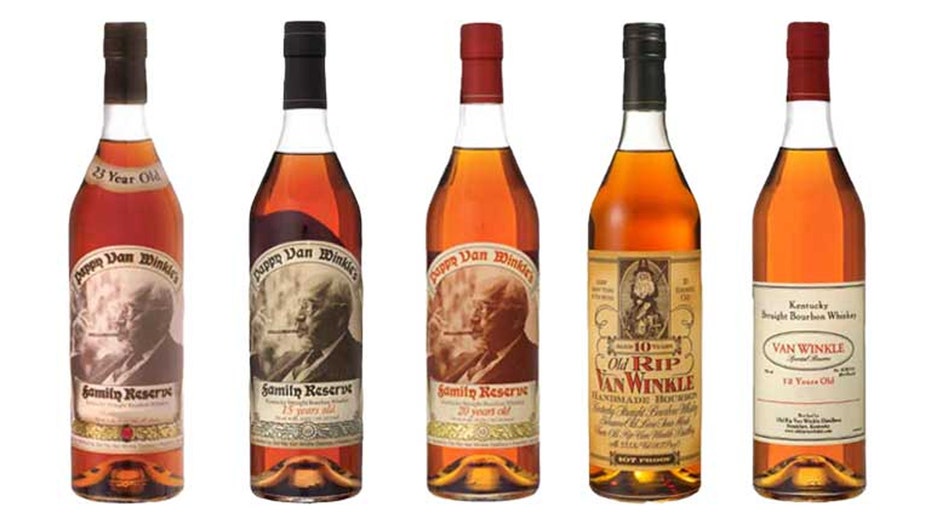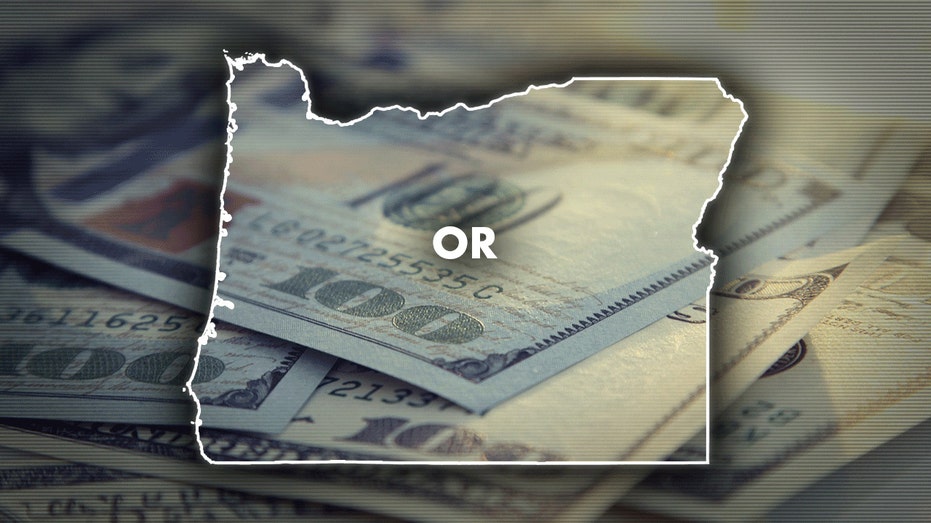
Jim Beam master distillers Fred Noe and Freddie Noe, who are Jim Beam’s great and great-great grandsons respectively, discuss the American tradition and recent bourbon boom.
Top officials with the Oregon Liquor and Cannabis Commission (OLCC) have been implicated in a criminal probe that’s examining allegations they violated ethics rules by using their positions with the state’s alcohol regulatory agency to divert rare, highly-coveted bourbons away from public consumption for their personal use.
OLCC officials, including the agency’s recently-ousted executive director, allegedly sent rare bottles of bourbon to specific stores where they would place reservations to buy the sought-after libations and pick it up once off-duty without the public having a chance to beat them to it.
While the officials involved said they paid for the rare bottles of bourbon, including aged Pappy Van Winkle which can cost thousands of dollars per bottle, their use of knowledge and connections could run afoul of Oregon’s ethics laws, which bar public officials from using confidential information for personal gain.
DEMOCRAT-LED STATE THAT’S ‘KILLING BUSINESSES’ COULD SHRINK AMID PUSH TO SECEDE IN SEVERAL COUNTIES

Glass of whiskey with ice. – Officials from Oregon’s liquor regulatory agency are under criminal investigation for diverting rare bourbon away from public access for personal consumption. (iStock)
Documents from the OLCC’s internal investigation were first reported by The Oregonian/OregonLive. Those documents revealed that the agency’s distribution manager said the rare liquor diversions were “a long-standing practice at the agency” with the tacit approval of the executive director.
Oregon Attorney General Ellen Rosenblum said Friday that a criminal investigation is underway and that a civil investigation requested by Democratic Gov. Tina Kotek on Wednesday will be delayed until the criminal probe concludes. OLCC spokesman Mark Pettinger told the AP that the agency “will comply fully with the criminal investigation” that the attorney general’s office is undertaking.
PORTLAND BUSINESS OWNER FORCED TO BUY BULLET-PROOF WINDOWS: ‘TRYING TO PUSH FORWARD’

More than a thousand rare whiskeys from the historic Old Rip Van Winkle Distillery will be available for purchase through the Pennsylvania Liquor Control Board’s upcoming Limited-Release Lottery. (FWGS.com)
OLCC Executive Director Steven Marks resigned in early February at the request of Kotek after he was implicated in the preferential treatment scheme. According to the OLCC documents released by The Oregonian, Marks acknowledged he received preferential treatment and remembered obtaining Pappy Van Winkle’s 23-year-old whiskey.
However, Marks said he “had acquired the product in a manner that was once accessible by the public” and also “disputed he has violated the spirit of Oregon ethics laws and State policy, by using his official position at OLCC for personal gain.”
BUFFALO TRACE CELEBRATES FILLING EIGHT MILLIONTH BARREL OF BOURBON SINCE PROHIBITION

Five other OLCC managers were implicated in the scheme. Chris Mayton, the director of the agency’s distilled spirits program, told the OLCC investigator that he had served as a “facilitator” for customers, commission employees, and legislators hundreds of times in acquiring the whiskeys as part of his work duties. He did not name any lawmakers involved in the arrangement in the documents released.
The state of Oregon established the OLCC after the repeal of prohibition in 1932. The agency regulates when and where hard liquor can be sold in the state. Its remit expanded after the legalization of recreational marijuana in 2015 which prompted its name change from Oregon Liquor Control Commission to the Oregon Liquor and Cannabis Commission. Beer and wine are outside the OLCC’s purview and can be purchased at grocery stores in Oregon.
GET FOX BUSINESS ON THE GO BY CLICKING HERE
The OLCC is in charge of purchasing and distributing liquor to stores, which all charge the same price for a given bottle that the agency puts in place statewide. OLCC also determines how many liquor stores can be opened and where they can be located.
For some extremely rare bottles of liquor, the OLCC began holding a “chance to purchase” raffle in 2018. The odds of winning are based on the number of entries. For example, the odds of winning a chance to buy one of the OLCC’s five bottles of Pappy Van Winkle Family Reserve 23 Year aged bourbon was 1 in 4,150 in the December 2022 raffle with 20,748 entries.
The Associated Press contributed to this report.

 Latest Breaking News Online News Portal
Latest Breaking News Online News Portal




